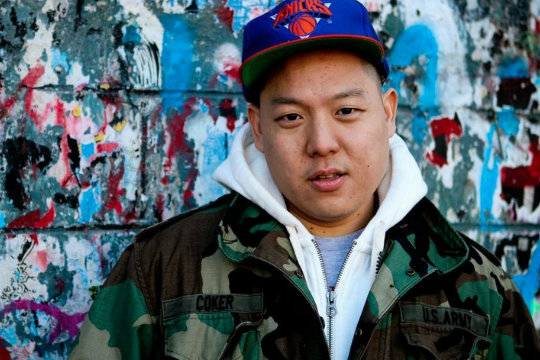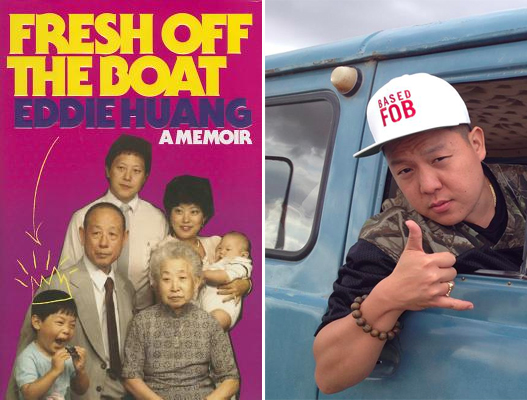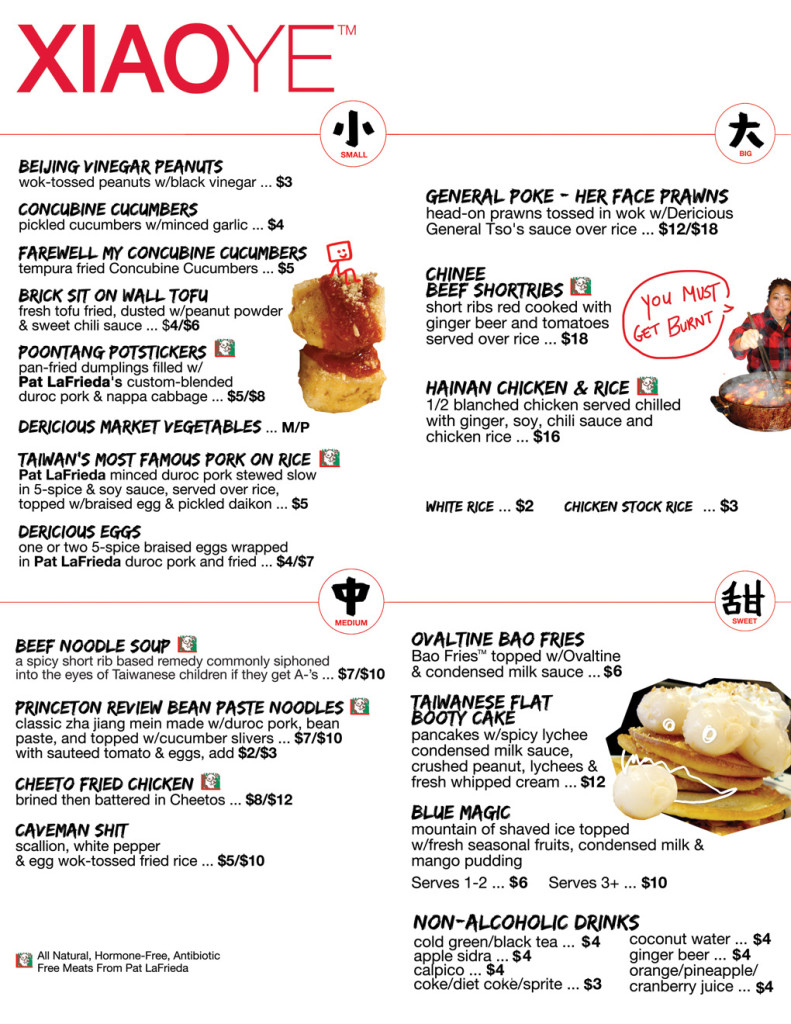
It’s not easy being a feminist of colour.
There’s this presumption that we as minority women can divorce our feminism from our race advocacy, and — more importantly — that we should. Among White feminists, the sticky issues of race and racism are rarely addressed; or when the existence of race is acknowledged, it is treated with such appalling clumsiness as to render theoretically feminist safe spaces decidedly unsafe for women of colour.
Among communities of colour, aspersions are also sometimes cast against WOC feminists. Sidelong glances are thrown in our direction because we understand that race oppression does not occur in a vacuum, and we dare to include within our race activism an integrated focus on the twin spectres of misogyny and male privilege. We present an intersectional politic that intermixes race and gender privilege with oppression, but we are often asked to mute our feminism and decenter ourselves in the name of blind racial solidarity. Talking about White patriarchy is okay, they say, but patriarchy in communities of colour must be taboo. The Movement, they say, requires a unified front. Feminism, they say, is a distraction from the Cause. Those of us who refuse to divorce our feminism from our race advocacy, they say, are misandrists and sellouts. Never mind, of course, that some of Asian America’s most dedicated civil rights legends — including Grace Lee Boggs, Yuri Kochiyama, Helen Zia and Patsy Mink — were self-identified Asian American feminists whose feminist work is treated as completely compartmentalized from their other advocacy.
To ask that feminists of colour be only feminist in feminist spaces, and only POC in POC spaces, is to ask the impossible: I cannot sometimes be only a woman and sometimes only be Asian American. I am both these things at all times; so too, therefore, are my politics.
Five years ago, long before Fresh Off The Boat became a runaway ABC sitcom hit, I wrote my first post on Eddie Huang. This was before Eddie was a star of Vice TV. This was before he was the author of a hit Asian American memoir. This was before Eddie Huang was a household name.
This was also way before Eddie Huang fucked up royally on Twitter last week.

My piece, a reaction to a CNN Eatocracy profile on one of Eddie’s first restaurants Xiao Ye, praises Eddie for being a rising Taiwanese American restauranteur. I celebrated how he put his own hyphenated twist on traditional Taiwanese cooking. My piece largely commends Eddie as an example of a visibly unconventional Asian American, and five years later I continue to respect Eddie for his brash anti-assimilationism.
But that piece was also a foreshadowing of things to come. In my post, I comment on the bizarre and unnecessary sexism of Xiao Ye‘s menu which featured such items as “Poke-Her Face Prawns”, “Concubine Cucumbers”, “Poontang Potstickers”, and “Taiwanese Flat Booty Cake. At the time, I called the menu “a little offensive” and “borderline sexist”, and i said that it made me “antsy”.
What was I thinking? Why was I was being so damned nice? What I should’ve said was that this shit is misogynistic as fuck, and no amount of wanting to shatter anti-Asian stereotypes gives you the fucking right to do it through the reinforced sexualization and objectification of (Asian American) women.

This exaggerated misogyny as a response to mainstream Asian American emasculation is all too familiar. Eddie’s early menu only exemplifies the uncaring (hip hop-caricatured) sexism that has continued to define his public persona. The implicit assertion is that because he is a man of colour, his empowering project of challenging anti-Asian stereotypes justifies his simultaneous gendered mistreatment of others.
I remember writing this post in 2010, and thinking that to speak out against this distressing sexism would be to open myself up to accusations that I am undermining the work of one of my Asian American brothers. I was worried that to criticize Eddie on this point would be to invite hateful backlash. Five years ago, I was less secure in my feminism, and more afraid of expressing a feminist perspective. I know those fears were valid, however, because that is exactly the kind of outcry I now face whenever I draw attention to stories of Asian American sexism. And so, five years ago I tempered my feminist concerns when it came to Eddie Huang, and I gave his misogyny a muted pass.
I was wrong to do that.
How often have we feminist of colour found ourselves (intentionally or unintentionally) turning the other cheek to misogyny in our midst, censored or self-censored by threats of anti-feminist bullying? How often have we been expected to choke down casual sexism emerging from withing our community, and to do so without protest as proof of our sincere racial solidarity?
As a feminist of colour, I often hear the cliched adage: don’t let the perfect be the enemy of the good. Rarely do we contemplate how this incremental approach marginalizes some among us by asking us to put the intersections of our politics on hold. When ABC’s Fresh Off The Boat first aired, I found myself confronted by an episode where a young Eddie Huang objectifies a grown woman, and engages in similar exploitation in a fantasy rap video. An earlier episode had made an offhand (and largely uncontextualized) joke about Grandma Huang’s bound feet. As a female viewer, I was made deeply uncomfortable and disappointed. I wondered why, as an Asian American woman and feminist, the media that was so racially pioneering for my community must also come packaged with such latent examples of casual sexism. Is asking for media that manages not to offend either my race or my gender really a bridge too far?
(Note: I feel FOTB’s misogynist moments this season were dissonant from the show’s strength as a Disney family sitcom, and were instead a byproduct of trying to clumsily infuse Eddie Huang’s personal brand into the show. I sincerely hope that FOTB is renewed next season (update: it was!), and with that renewal that the show can shed the need to include such overt sexism.)
https://www.youtube.com/watch?v=KayBk19LnFE
Earlier last month and after a well-publicized break-up with ABC, Eddie Huang went on Real Time with Bill Maher to explain his creative differences with the show.
Ironically, the first few sentences that Eddie Huang utters in this segment are entirely consistent with the thesis of this post. Asian Americans — including Asian American feminists — shouldn’t feel pressure to like or support anything just out of a need to demonstrate racial solidarity. Shit that offends us should be called out.
So, taking Eddie at his word: Eddie Huang desperately needs to be called out right now
In this interview, Eddie makes an off-the-cuff remark comparing the undesirability of Asian American men to Black women. Eddie is talking about the infamous OKCupid dating studies (which incidentally are of limited applicability to any situation that is not OKCupid), but whether from the excitement of being on Maher’s show or excessive comfort with insider language presented in outsider spaces, Eddie’s meaning is largely mangled in his interview leaving it possible that he personally condones the characterization of Black women as “undesirable”.
(No one has pointed out, by the way, that in this same interview, Eddie takes it upon himself to declare himself a “representative” of Asian America, to reinforce the Model Minority Myth, to excuse the slur “Oriental” and to get pretty close do doing the same for the term “Chinaman”. Can we also take a minute to marvel at how totally gross Bill Maher is, as if this is the first time he’s ever talked to a real life Asian?)
Challenged by prominent Black feminists Black Girl Dangerous, KB, Trudy, and Feminista Jones to explain himself, Eddie responded on Twitter — and within 24 hours those tweets took a turn towards the distinctly sexist. Eddie became flagrantly dismissive. He infantilized these women. He became overly familiar. He adopted African American Vernacular English to affect a cavalier “coolness”. He pejoratively recast the conversation as a come-on.
He was just a step away from slapping their asses and telling them not to worry their pretty little heads with “man’s talk”.
@BlackGirlDanger are we dating cause you wildin. lol
— Eddie Huang (@MrEddieHuang) April 27, 2015
.@BlackGirlDanger lemme take u out doe. u like sushi and shit?
— Eddie Huang (@MrEddieHuang) April 27, 2015
Seriously? Not okay, dude. To say I’m disappointed with the way Eddie handled himself in this exchange would be an understatement.
Eddie Huang is right to highlight the complex interplay between conventional White masculinity and Asian American male sexuality. We need to talk about this more. But, why must an important conversation on the construction of Asian American masculinity be once again marred by the kind of anti-feminist and culturally appropriative behaviour that no self-respecting social justice advocate could ever get behind?
Eddie is totally wrong to use his legitimate concerns about the very real stereotypical emasculation of Asian American men to justify open sexism against (at varying times) Black and Asian women, or his appropriation of Blackness when convenient. Asian American male empowerment simply does not require the perpetuation of anti-Black racism and misogyny. Yesterday, ManForward wrote an open letter to Eddie Huang:
The very institutions and systems that made us as Asian American men undesirable have also taught us as Asian American men that we should not desire black women too. In this racialized system where skin color matters about your place and position of power and privilege, we have learned that the desirable folks are light skinned or better yet white folks; who we can only desire from afar but never can be with. In the context of heterosexism and white patriarchy, white women are framed as the ultimate desired objects but kept away from male/men of color meanwhile white men can exploit and abuse women of color (Native, black, Latino, lesbian, queer, transgender, Asian) unchecked. So, if you were going to speak about the experiences of emasculation of Asian American males, speak to that experience in this context that includes these oppressive systems at operation and do not equate nor link our Asian male experiences to the lived experiences of black women and then dismiss those experiences afterwards.
As Asian American men, our intention to be accountable to black women and communities asks us and requires us to follow their leadership. It requires that we understand misogynoir (as Mia [ed note: BlackGirlDangerous] puts it) will show up everyday; as men in our communities we must work to undo this daily. It requires that when we are called out as a misogynoirist, we own it and move on to not do it again. It requires that we hold each other as Asian American men accountable when anti-blackness and sexism shows up. It requires that we disrupt the power and privilege at play when it is happening. The current environment and conditions of systematic state violence that we see towards the black community and women right now demands that we stand closer to the black women and communities now more than we have ever done in history. We also acknowledge that our Asian American communities still have a long way to go to understand what solidarity means with the black women and community.
So, as you and we fight for the diversity and inclusion of all Asian American narratives, do not forget that these very narratives are tied to the lives of women and black folks too.
Feminism and racial solidarity cannot be mutually exclusive concepts because our identities are not isolated, they are intersectional. Our lack of privilege in one arena does not delegitimize our obvious privilege in another. Acknowledging male privilege and checking sexist behavior when it arises does not insubstantiate the racism that men of colour simultaneously face.
In fact, it is the opposite. To draw attention to our community’s institutionalized sexism is to issue a greater challenge: that we can move beyond narrow race nationalism, that we can be willing to center Asian American women as readily as we center Asian American men, that we can enact broader social change, that we can be more inclusive in our politics, that we can and should do better. If the goal of the Asian American Movement is to end the shared oppression of all Asian Americans, it must be a vision equally accessible to all Asian Americans regardless of gender, and one that stands in partnership with (not in opposition to) other communities of colour.
How can we claim to be building an Asian American Movement for all Asian Americans when Asian American women — fully half of all Asian Americans — are asked to support behaviour that too often disrespects, marginalizes, stereotypes and alienates us, or our women of colour allies? How can any of us claim to stand on the side of racial justice, when some among us would defend damning appropriation and mistreatment of Black people and culture?
The path to racial justice simply cannot be carved through racialized or gendered violence, and the Movement can no longer give shelter to either anti-Blackness or this brand of hostile misogyny.
Eddie Huang’s behaviour on Twitter last week was just plain wrong, and it undermines everything that the Asian American Movement stands for. Furthermore, his actions echo his earlier perpetration of misogyny against Asian American women in his Xiao Ye menu — and we would do well not to ignore that behaviour either. Although in his interview with Maher, Eddie says he enjoys being our (Asian?) “representative”, more typically Eddie Huang says he doesn’t believe he speaks for anyone. This is fair since he certainly doesn’t speak for me, nor do I speak for him. In 2011, Eddie found my post on him and wrote:
i just do me. its ur job to criticize and i try not to listen too hard.
Here’s the thing, Eddie: this is one of those times when maybe what you really need to do is to stop, to step back, and to listen. Because right now, you “doing you” is you doing it seriously, seriously wrong.
You have lots of important things to say, Eddie, and I earnestly want to hear them — but misogyny simply cannot be one of them.
Read More:
- When Asian Emasculation Meets Misogyny: On Eddie Huang’s Black Feminism Problem (RaceFiles)
- An Open Letter to Eddie Huang (ManForward)
- Hip Hop Hoo… Wait, What’d He Say? (FairyPrincessDiaries.com)
- Emasculation Never Condones Misogyny (Unhyphenate.me)
- “Got U Boo” and Other Things To Leave In High School (18MR | JasonFongWrites)
